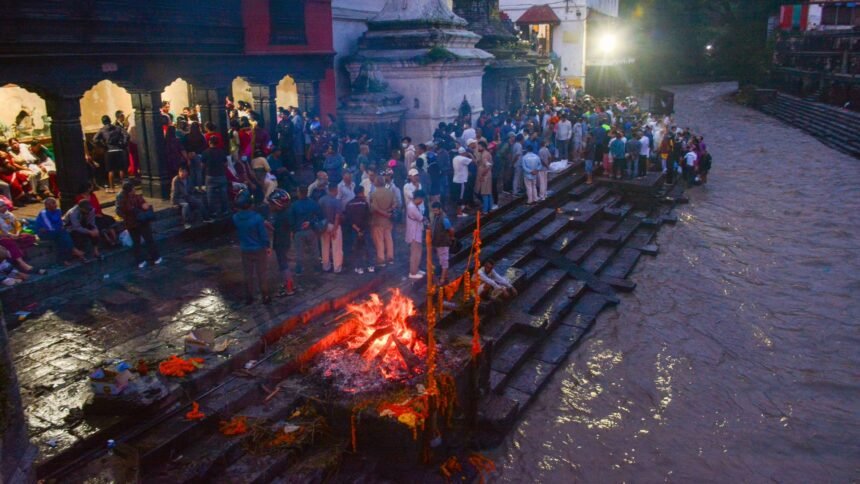New Delhi: Nepal’s turbulent journey towards peace and democratic stability has taken a complicated turn. The country’s youthful “Gen Z movement,” once hailed for toppling the old order, is now showing cracks within its own leadership, sparking political unrest and economic uncertainty.
The impact was immediate on the financial markets. The Nepal Stock Exchange plunged by 160 points on Thursday, triggering a trading halt as the index slipped 6 per cent to close at 2,511.91. Investors reacted sharply to signs of discord within the ruling coalition and the potential instability that could follow.
At the centre of the conflict are divisions among the youth leaders who propelled Sushila Karki to the Prime Minister’s chair. Protesters led by Sudan Gurung, founder of the NGO Hami Nepal, staged demonstrations against the appointment of Om Prakash Aryal as Home and Law Minister, calling it a betrayal of democratic ideals. Aryal is known to have close ties with Kathmandu Mayor Balen Shah, a popular independent politician and one of the initial faces of the movement.
While Shah initially enjoyed wide youth support, his decision to back Karki as Prime Minister instead of taking up leadership himself has created friction. Gurung, meanwhile, has emerged as a vocal challenger, rallying his supporters in street protests. Their disagreement has exposed the fragile cohesion of the movement, which was never a monolithic bloc but rather a coalition of varied aspirations.
Observers fear that such divisions could be exploited by external players. With reports of Pakistani social media accounts already amplifying the unrest, regional security experts warn of potential arms smuggling and infiltration across the porous India–Nepal border. Any prolonged instability could provide space for foreign powers to mislead young protesters and create parallel centres of authority.
India, which shares deep historical, cultural, and economic ties with Nepal, is monitoring the developments closely. For New Delhi, the prospect of instability next door raises not just diplomatic concerns but also tangible security risks.
As Nepal attempts to consolidate its democratic transition, the resilience of its youth-led movement will determine whether it becomes a stabilising force or a source of renewed turmoil.















